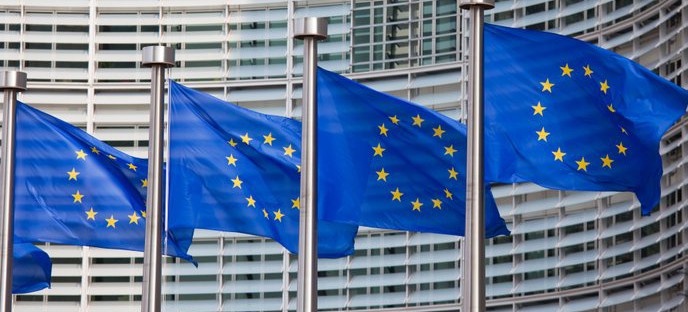On May 23rd 2018, the European Commission presented the 2018 country-specific recommendations, setting out its economic policy guidance for Member States for the next 12 to 18 months. The Commission underlines that Europe’s economy is growing at its fastest pace in a decade and that current favourable conditions should be used to make Europe’s economies and societies stronger and more resilient.
Recommendations for Croatia for 2018 and 2019 reflect the previous ones and call for: 1) strengthening the fiscal framework and introducing a recurrent property tax; 2) discouraging early retirement, delivering on the reform of the education and training system, consolidating social benefits; 3) reducing the territorial fragmentation of the public administration; 4) improving corporate governance in state-owned enterprises and intensifying the sale of state-owned enterprises, reducing the burden on businesses arising from cumbersome administrative and legislative requirements, enhancing competition in business services and regulated professions, improving quality and efficiency of the justice system.
The 2018 Convergence Report assesses Member States’ progress towards joining the euro area and covers the seven non-euro area Member States that are committed to adopting the euro, counting among them Croatia. It finds that these Member States generally display considerable nominal convergence, but none of them currently meets all the formal conditions for joining the euro area. Croatia, along with Bulgaria, fulfils all of the convergence criteria, except for the exchange rate criterion as it is not a member of the Exchange Rate Mechanism (ERM II).
More on the Spring Package:
- http://europa.eu/rapid/press-release_IP-18-3845_en.htm
- https://ec.europa.eu/info/publications/2018-european-semester-country-specific-recommendations-commission-recommendations_hr
More on the Convergence Report:

